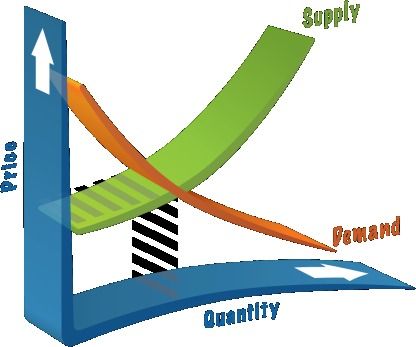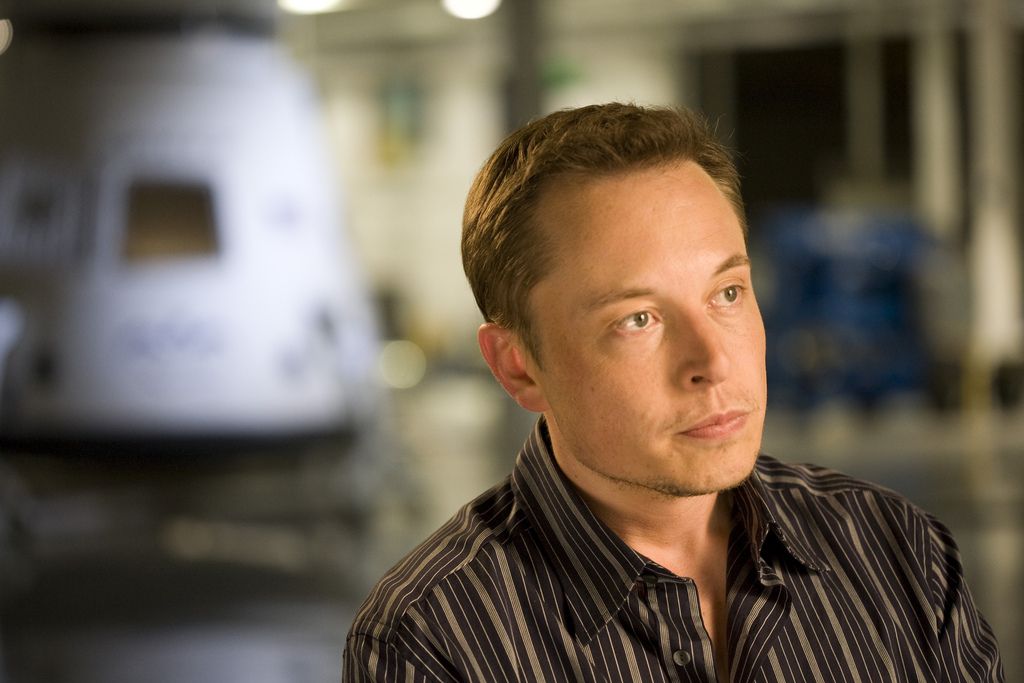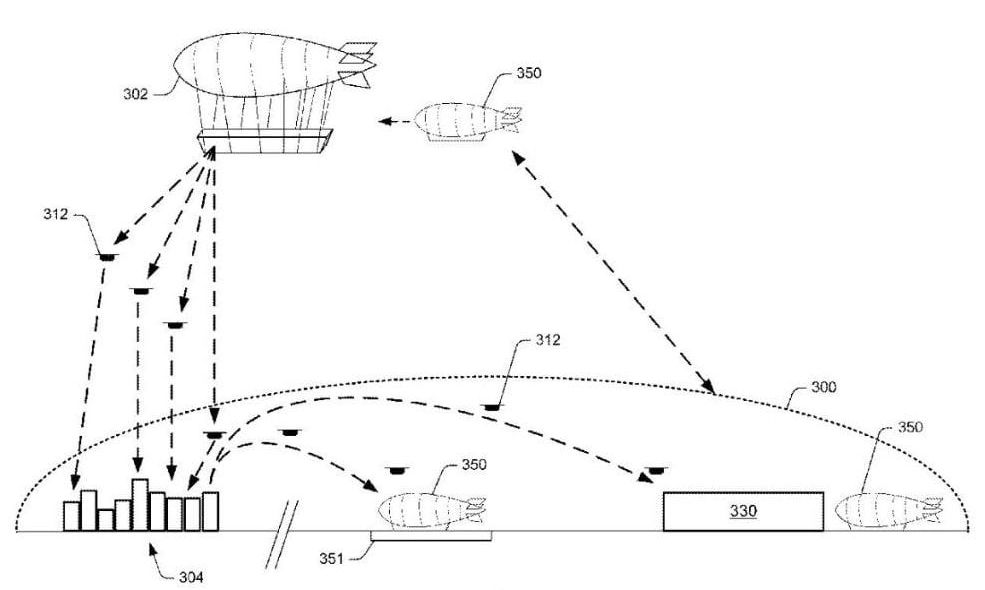DARPA’s Tactical Undersea Network Architecture (TUNA) program recently completed its initial phase, successfully developing concepts and technologies aimed at restoring connectivity for U.S. forces when traditional tactical networks are knocked offline or otherwise unavailable. The program now enters the next phase, which calls for the demonstration of a prototype of the system at sea.
TUNA seeks to develop and demonstrate novel, optical-fiber-based technology options and designs to temporarily restore radio frequency (RF) tactical data networks in a contested environment via an undersea optical fiber backbone. The concept involves deploying RF network node buoys—dropped from aircraft or ships, for example—that would be connected via thin underwater fiber-optic cables. The very-small-diameter fiber-optic cables being developed are designed to last 30 days in the rough ocean environment—long enough to provide essential connectivity until primary methods of communications are restored.
“Phase 1 of the program included successful modeling, simulation, and at-sea tests of unique fiber-cable and buoy-component technologies needed to make such an undersea architecture work,” said John Kamp, program manager in DARPA’s Strategic Technology Office. “Teams were able to design strong, hair-thin, buoyant fiber-optic cables able to withstand the pressure, saltwater, and currents of the ocean, as well as develop novel power generation concepts.”



 It’s common to associate deflation with economic ills. One need only glance back at the the last century to conclude that deflation coincides with wars, joblessness, recession and a crippling concentration of wealth. Perhaps, just as bad, the tools used to pull a nation out of deflation often force governments to cherry pick beneficiaries of stimulus spending.
It’s common to associate deflation with economic ills. One need only glance back at the the last century to conclude that deflation coincides with wars, joblessness, recession and a crippling concentration of wealth. Perhaps, just as bad, the tools used to pull a nation out of deflation often force governments to cherry pick beneficiaries of stimulus spending.


